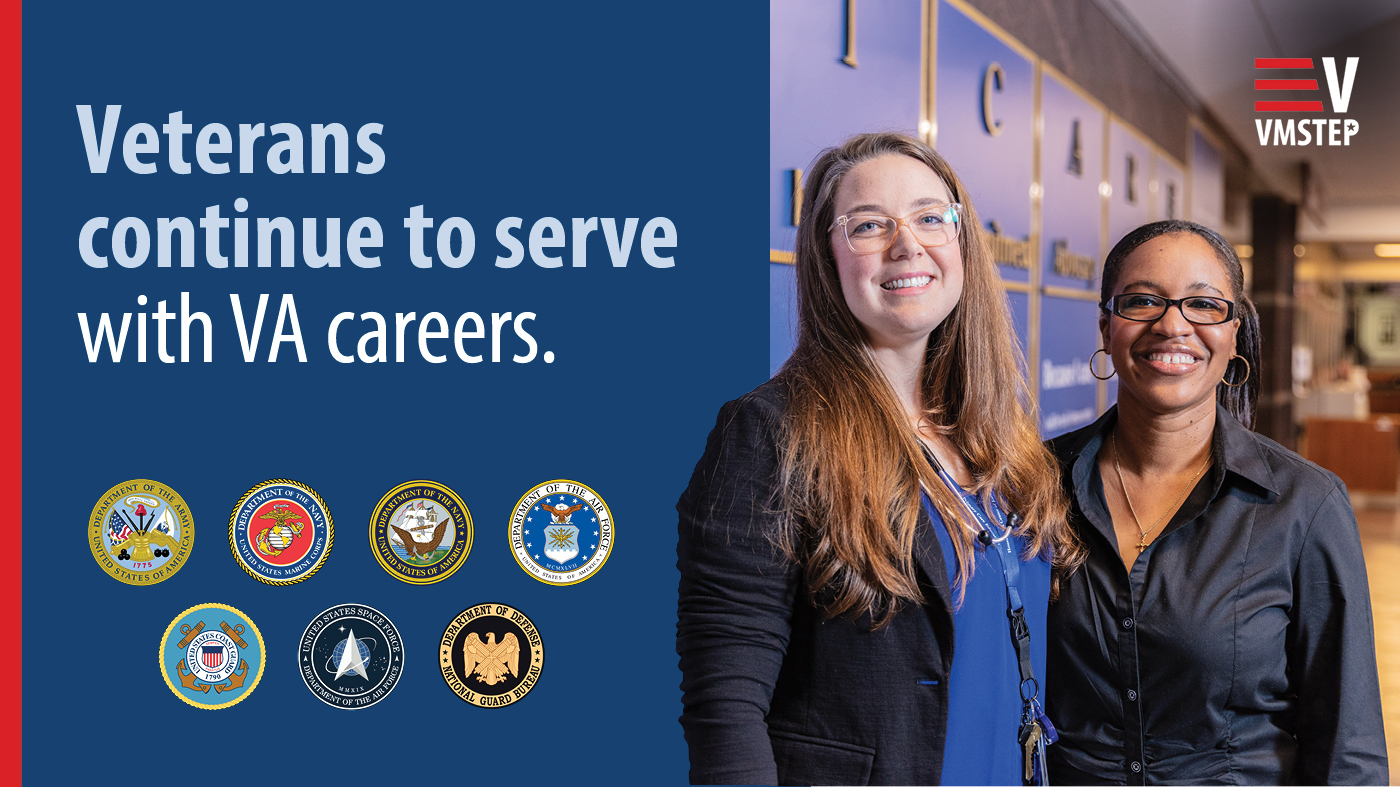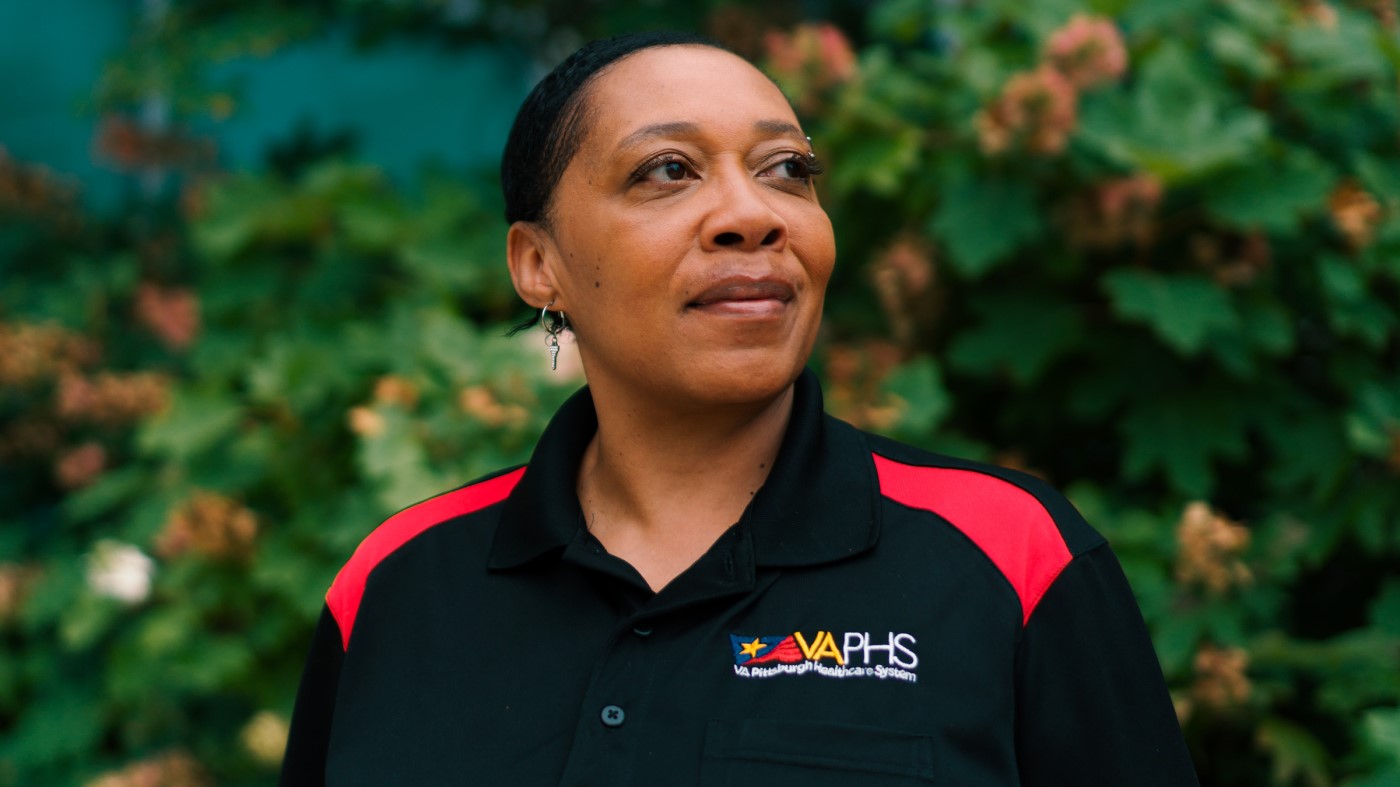Landing a job interview is one of the most exciting and potentially nerve-wracking parts of job hunting. While it’s thrilling to move on in the selection process, it can also feel like a lot is riding on one conversation.
Preparation is key to soothing those pre-interview jitters. When you’re prepared, you’ll feel relaxed and confident so the conversation can flow naturally.
Too bad you can’t get a sneak peek inside the interviewer’s head and learn the questions ahead of time!
Or… can you?
No mind-reading abilities required! We asked two of VA’s national recruiters, Hillary Garcia and Timothy Blakney, for information on VA’s interview process. Here are the six most common VA interview questions and tips on how to prepare for them.
Question: How have you developed and maintained productive working relations with others, even though you may have had differing points of view?
Tip: Come armed with an example or three. In this case, you’ll want to discuss how you worked as a member of a team, including the role you played and how the group interacted.
Question: Tell us about a time where you worked independently without close supervision or support.
Tip: At VA, you’ll sometimes need to make a decision on the fly, so an independent streak is a good thing. Play up your self-directedness. Also, when you describe past examples, don’t forget to mention the result and how your efforts made it possible.
Question: Describe a time when you went above and beyond your job requirements. What motivated you to put forth the extra effort? What was the result of your effort?
Tip: Many interview questions at VA have several parts, like this one. Consider bringing a notebook to jot down notes as questions are being asked so you answer them in full.
Question: Describe a situation where you have not communicated well with a co-worker, supervisor, management official or union official. What was the situation? How did you correct it? What was the outcome?
Tip: Communication abilities are often front and center in a VA interview, so be sure to think about your skills in this area ahead of time. You’ll probably be asked about a professional area of improvement or a time you could have changed how you responded. Answering this type of question thoughtfully demonstrates that you can reflect on and work to perfect your professional roles.
Question: Compare what you know about the job you are interviewing for with your own knowledge and skill. In what areas do you feel you already excel? What areas do you feel you will need to develop?
Tip: Make sure you read over the job announcement closely, especially the duties and specialized experience sections. Then review your own resume and previous experiences, paying particularly close attention to anything that makes you unique.
Question: Tell us about a time you briefed a supervisor or senior management official about bad news and/or results they did not like, along with recommending a different course of action. How did you persuade them to move in a new direction? What were the results?
Tip: Interviewers often ask questions about how you handled a difficult situation, and this can be a tricky one to navigate. You’ll want to think of a tactful example that demonstrates those vital communication abilities, as well as problem-solving and strategic thinking skills. If this was a negative experience, try to give it a positive spin by treating it as a learning opportunity.
Work at VA
Now that you’re feeling ready for a potential interview, a rewarding VA career is just a few steps away!
- LEARN more about the application process.
- FIND out what happens once you have the job offer.
- EXPLORE our benefits.
- CHOOSE VA at www.VAcareers.va.gov.
Topics in this story
More Stories
For Veterans, the mission does not end when the uniform comes off. VA careers offer opportunities to serve while building fulfilling civilian careers.
Whether it’s access to the great outdoors or a calmer pace in your everyday life, you can find it in rural VA communities around the country.
If you’re looking for an opportunity to provide care to Veterans outside a traditional clinical setting, Home Based Primary Care (HBPC) is a great option.






